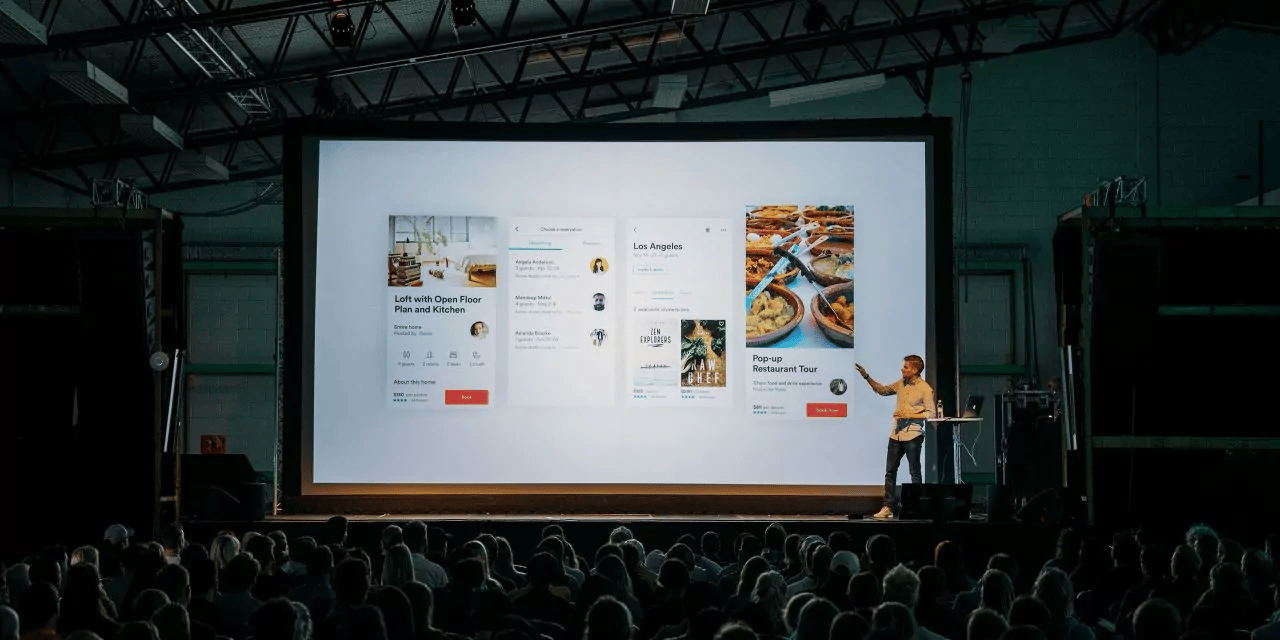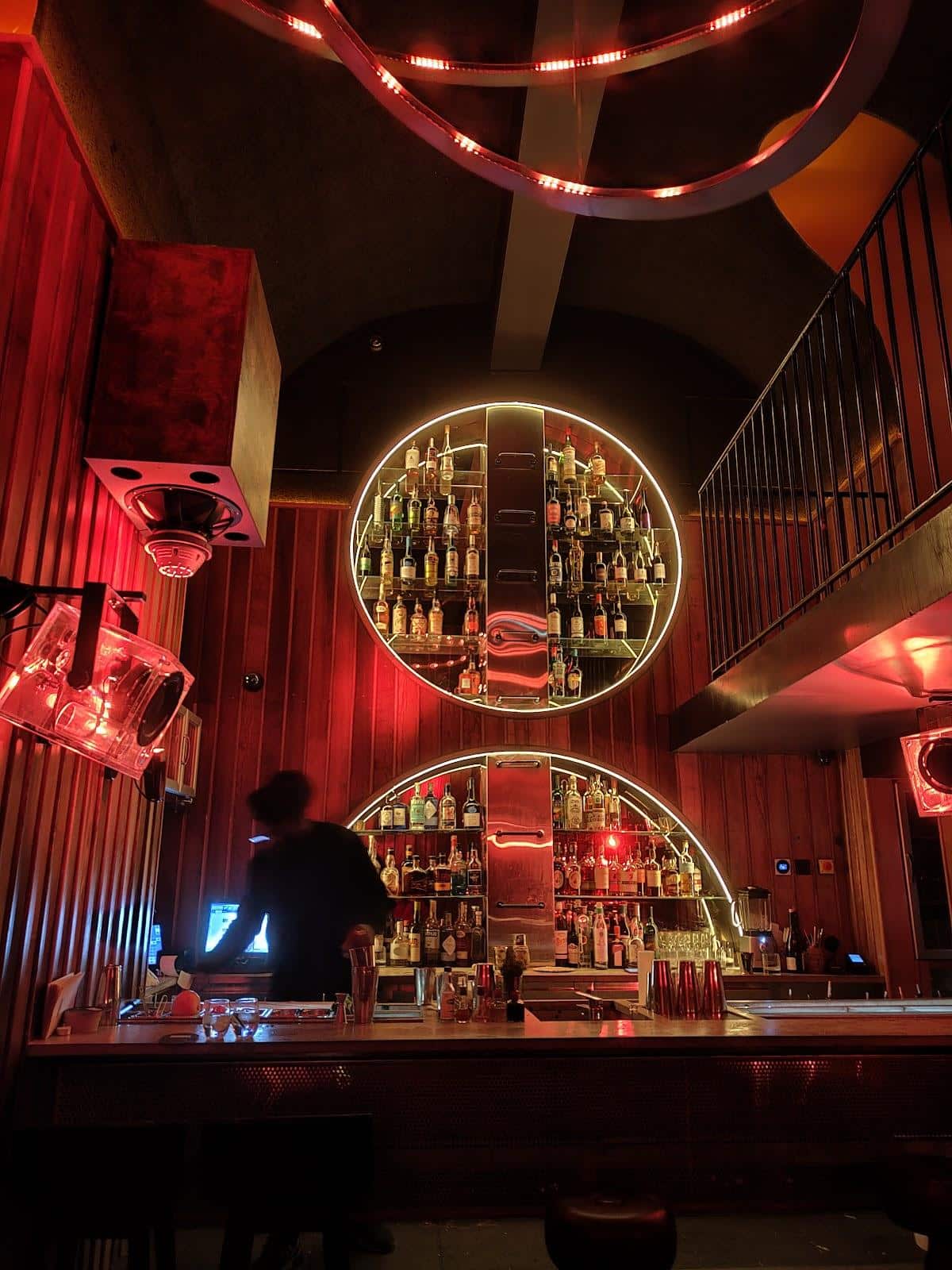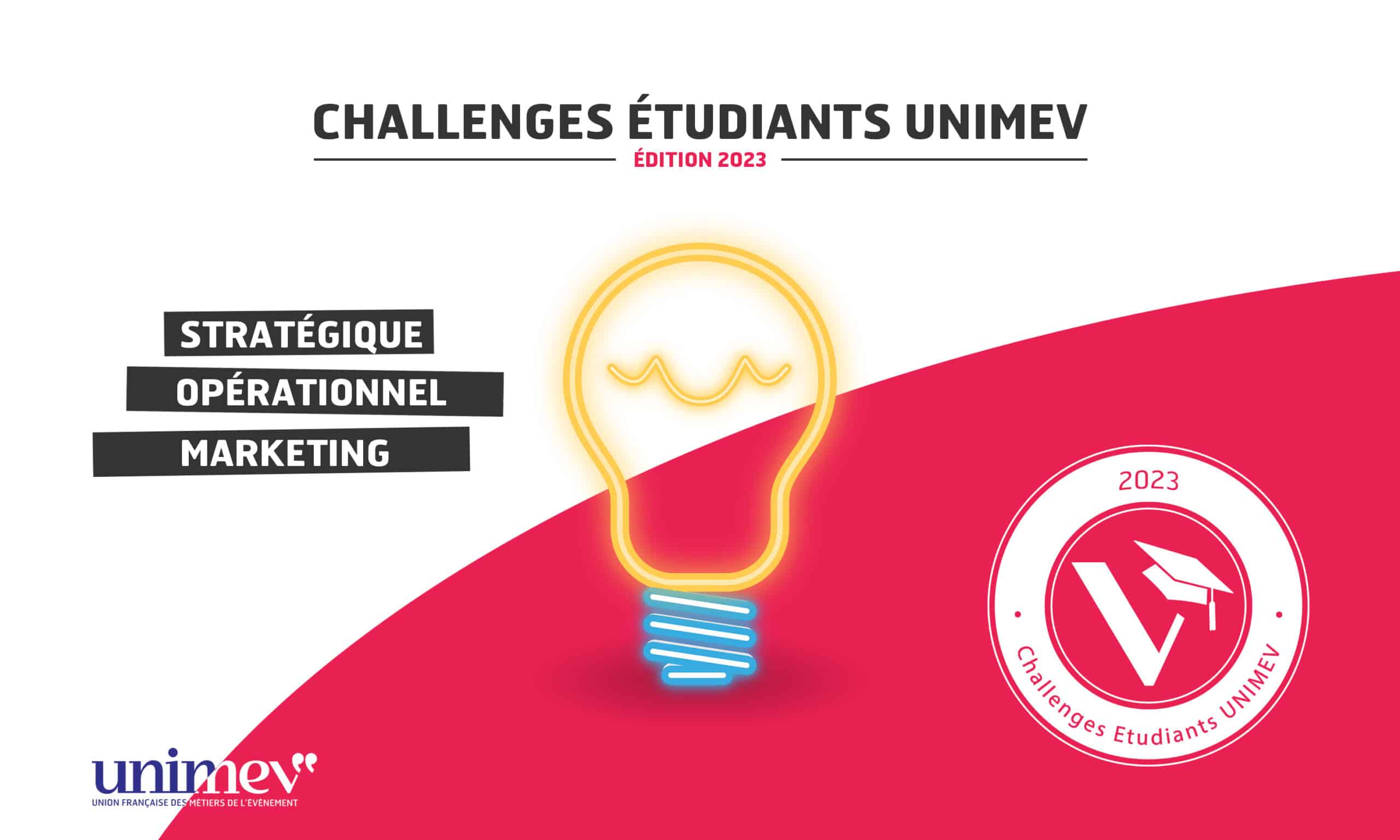
What did our ancestors do to increase their chances of survival? They came together and built basic social structures to ensure security and access to food. Subsequently, these initial configurations would take the form of bigger societies, adding more complexity and a higher level of organization. Although we’ve evolved and our environment and means are drastically different, our basic needs have remained the same. Our human nature conditions us to surround ourselves with our peers, exchange ideas, and build communities based on needs and interests. Following this theory, attending events presents itself as a part of who we are. The same way our ancestors would meet in Agoras to listen to Greek philosophers, we meet at conferences and conventions to hear industry leaders and great speakers.

Thomas W. Malone, the founding director of the MIT Center for Collective Intelligence, helps us answer this question by designing a powerful thought experiment. Imagine you’ve been transported to an African rainforest in the year 45,000 BC. You have the same knowledge as you do today, but you’re all alone. It’s hot and humid, and you’re surrounded by strange sounds coming from all around you. If you’re lucky, you might survive on some fish, fruits, and nuts. Yet you’ll be somewhere in the middle of the food chain, living in constant fear of different predators. You know that if you stumble upon a huge lion, you’ll probably end up as his lunch, not the other way around. Malone concludes, “That’s the situation our distant human ancestors faced, with one major difference: ancient humans weren’t alone; they lived in groups. In fact, their brains were hardwired to help them connect with each other.” What made people survive and evolve was the greater social intelligence enabled by richer ways of communication, needed not only to coordinate hunts, but also spread innovative ideas, such as controlling fires, making bows and arrows, and building boats.
The ultimate brainstorm sessions
Let’s fast-forward through time a bit, and land in the middle of Ancient Agora of Athens. The Agoras, present in nearly every ancient city in Greece, were the heart of public life. These open spaces were located close to the city center and offered a platform for citizens to meet regularly and socialize. Philosophers and thinkers such as Socrates, Plato, and Aristotle would gather large audiences willing to listen and learn from them.

Apart from that, people used these opportunities to discuss social or political matters, making important decisions about the future development of their cities. The knowledge transfer and discussion around innovative approaches regarding science, philosophy, mathematics, and medicine would propel the ancient civilization ahead, providing sufficient ground for strengthening the collective intelligence. This, along with other early examples, shows the natural drive people have to gather together, interact, and act as one unit to push forward social, economic, political, and cultural growth. As Malone highlights, the need for connectivity and knowledge exchange led humanity to an unprecedented evolution, helping us thrive throughout the Agriculture and Industrial Revolutions, and now through the Industry 4.0 Revolution. As for the 21st century, we might not be discussing philosophy as much these days anymore, but now we’re tackling concepts such as artificial intelligence, virtual reality, and the space industry. In other words, the content has changed a lot. However, the core format itself (massive gatherings of people, or better said, events) has stayed the same. What lies at the heart of our need to gather together? The answer is irrefutably obvious: the innate desire to stay in touch, share ideas, ignite new collaborations, and build meaningful relationships with like-minded people.

What makes events so powerful
The irresistible character of events involves three elements. The first one is high-quality and expert-level content. “The Decision to Attend” 2017 study, conducted by The Experience Institute, highlights “91% of all generations possess the will or strong propensity to continue their personal or professional education as adult learners.” People attend events to consume relevant content, gain access to fresh insights that aren’t yet mainstream, and learn new skills powered by the knowledge they’ll accumulate from industry leaders and professionals.
The second element that makes events so powerful is the desire to network and connect with people with similar interests and worldviews. The same study also notes, “76% of all generations say it’s important to give them opportunities to network and make connections.” Events give people access to a vast pool of potentially meaningful contacts and networking possibilities.
The third element involves the possibility to participate in co-creative activities and experiences.
“Co-creation is a sophisticated, value-based, context-driven, collaborative effort to develop new paradigms, products, and services to satisfy human wants. Co-creation builds on the perception of challenges, cause-effect relationships, constraints as well as alternatives available to deal with or overcome problem situations.”
professor K. B. Akhilesh
Events are powerful platforms for co-creation because they provide the perfect spaces for interaction, where people can work together by harnessing their own skills and abilities to innovate and generate value. All these elements reinforce our innate need to congregate together and engage in activities that might later translate into important industry shifts, economical growth, innovative collaborations, and new approaches to solving old problems.
The difference between then and now
Nothing has changed except one thing: Events are getting better and better. Why? Different planning technologies and software allow event professionals to organize empowering events and memorable experiences, while continuously leveling up industry standards. Considering the extremely fragmented yet massive ecosystem the events industry represents, all these tech solutions are facilitating the alignment of an institution’s goals and attendees’ expectations. Thanks to these means that contribute to oversimplifying, improving, digitizing, and automatizing planning logistics, we are able to emphasize and strengthen the human factor, increase the value that face-to-face encounters can create, and help attendees fully immerse themselves in the event and enrich their lives through meaningful interactions and positive experiences.



